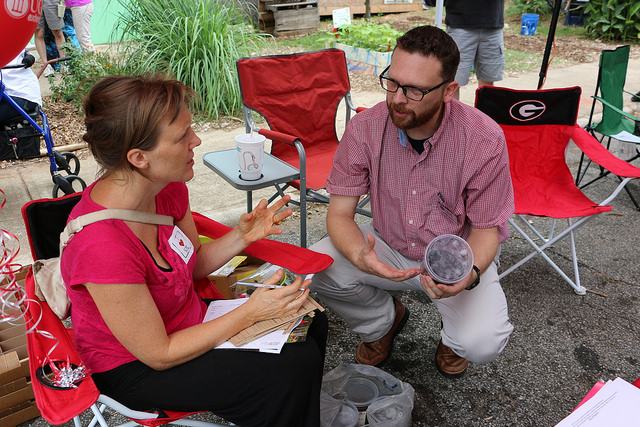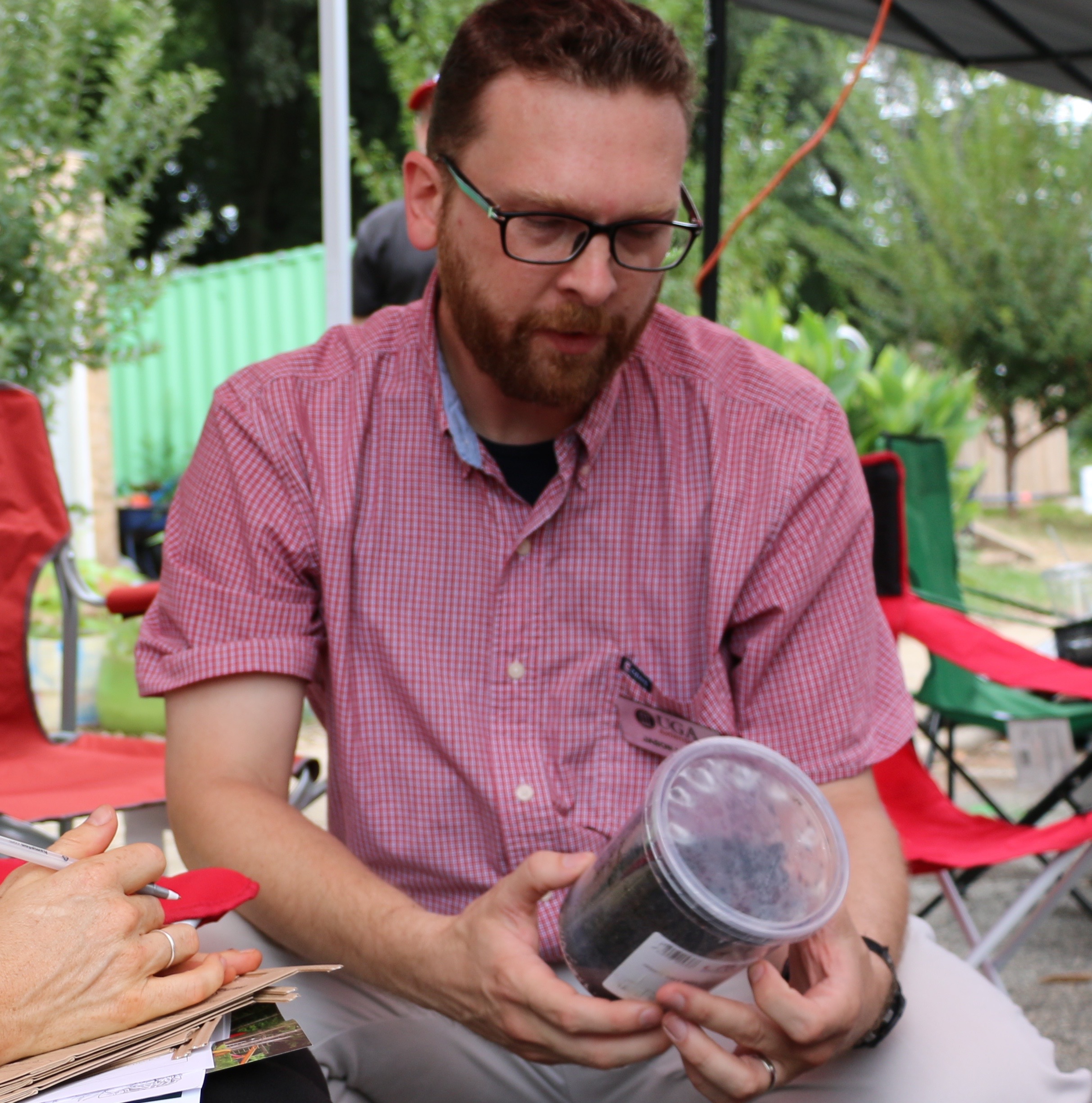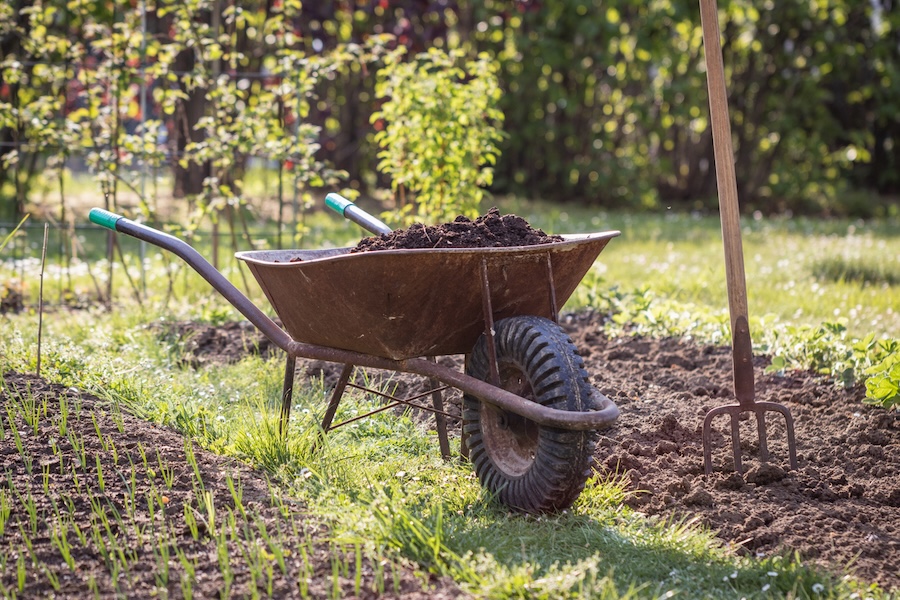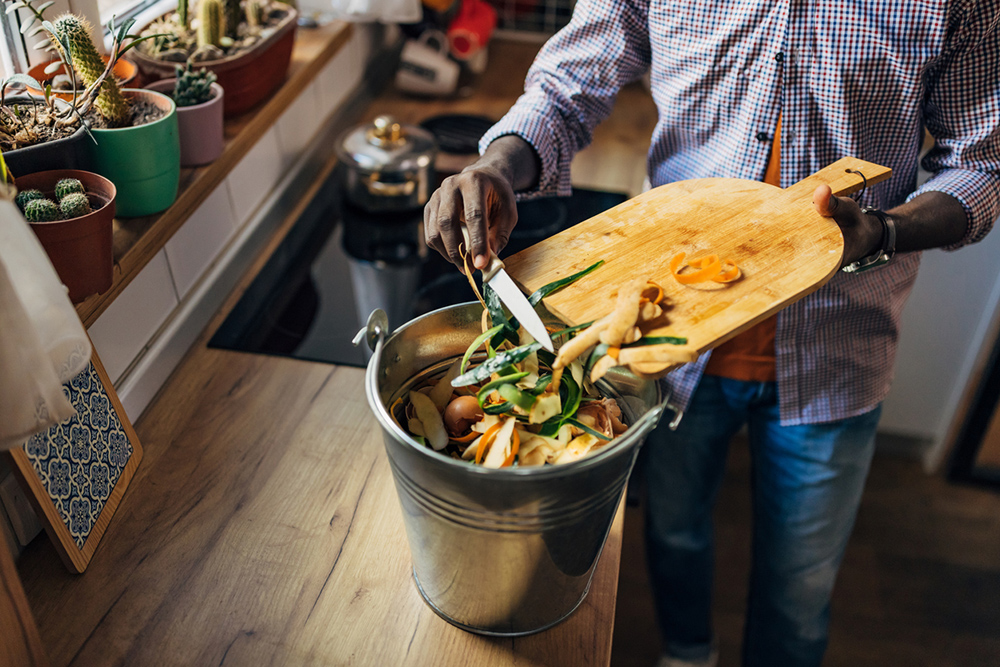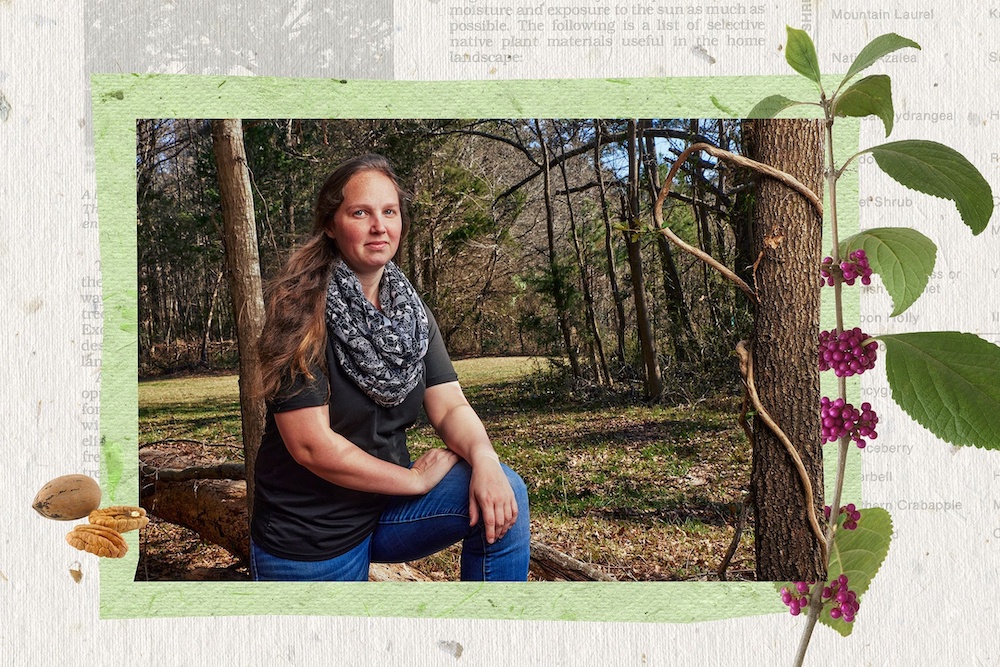Over the past decade, there’s been a push for suburbanites and city dwellers to understand where their food comes from and to get closer to the land. University of Georgia soil scientist Jason Lessl believes that people can’t get closer to the land until they know how it works.
Lessl joined the leadership team at the UGA Agricultural and Environmental Services Laboratories (AESL) in Athens, Georgia, in March. These are the state’s only public, non-profit laboratories.
As the program coordinator at UGA’s Soil, Plant and Water Analysis Laboratory, Lessl oversees UGA Cooperative Extension’s public soil and water testing programs. When UGA Extension county agents advise homeowners to get a soil test, the soil is tested by Lessl’s lab for traits like nutrient content and pH value. They also can test for contaminates like lead and heavy metals.
Lessl works to ensure the quality and timely analysis of samples and to give recommendations to Georgia’s growers, homeowners and agribusinesses. He’s hoping to expose a new generation of homeowners and urbanites to their soil and the difference that good soil can make.
Lessl is an avid urban agriculturalist; he maintains a garden, composts, tends backyard chickens, brews his own beer and is currently adding bee hives to his property. So, he speaks from experience when he says that the soil laboratory can help improve the quality of urban agricultural efforts.
“Over the last century, people have been further and further removed from agriculture. I believe that trend is starting to reverse as the demand for sustainably grown, locally sourced food increases,” said Lessl.
With the resurgence of small-scale urban agriculture, there is a growing need for accessible information.
“(My) goal is to provide pertinent information to Georgians to keep them safe and successful,” he said. “We want to encourage agricultural activities, both on the producing and consuming ends of the spectrum.”
According to Lessl, one of the biggest challenges facing UGA Extension is the underutilization of its services by gardeners in Georgia. During his short time with UGA Extension, Lessl has already made a big push to get the word out about what his lab is doing.
“I have already collaborated with several other UGA Extension employees to write two bulletins with a focus on common contaminants in soil and water and what to do about it,” he said.
Lessl said the best part of his job is “knowing that my job plays a key role in helping Georgians to become healthier, more productive and environmentally responsible.”
For more information about the testing services offered through UGA Extension, call your local UGA Extension agent at 1-800-ASK-UGA1 or visit extension.uga.edu.

